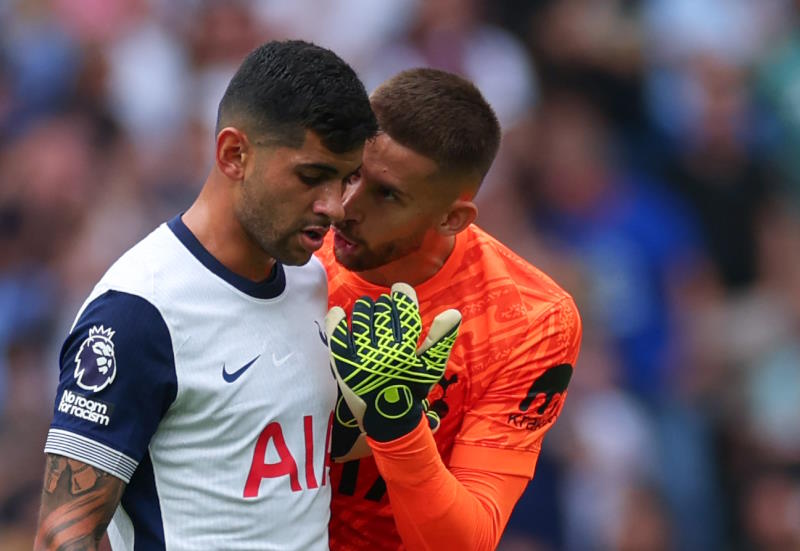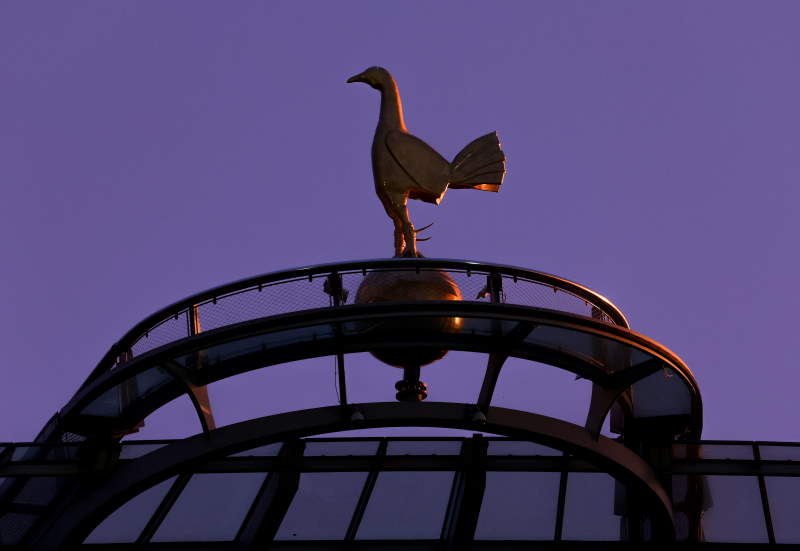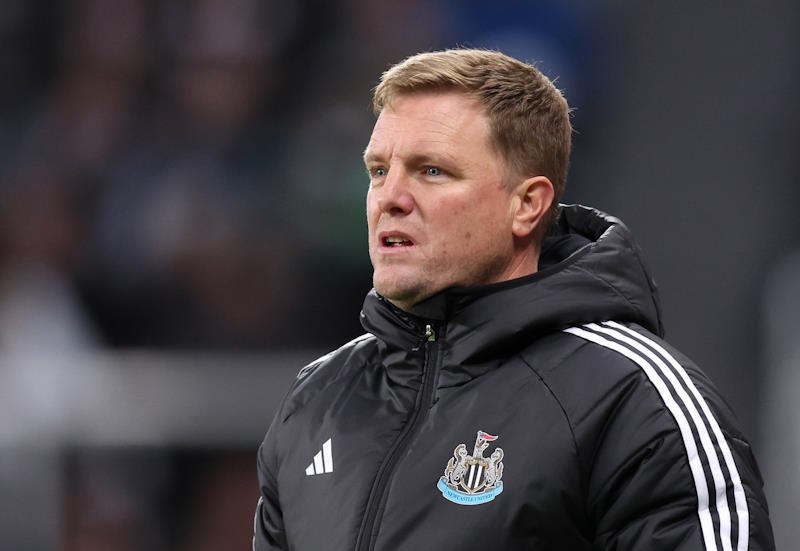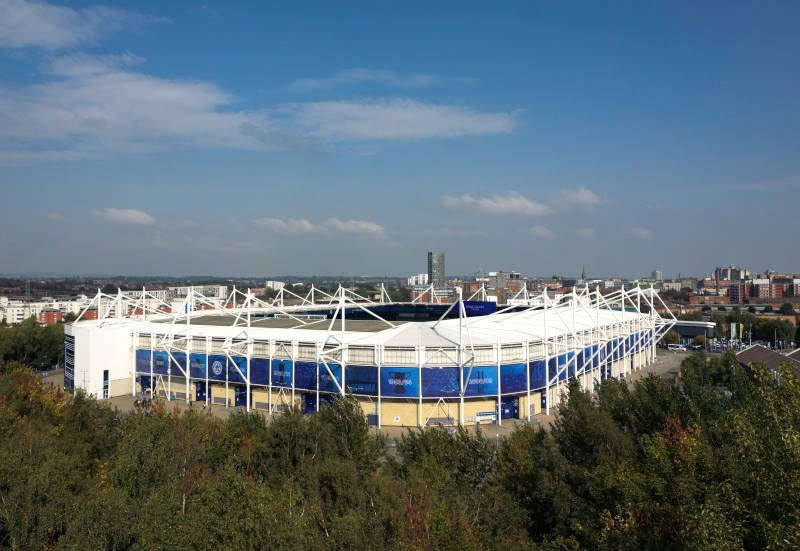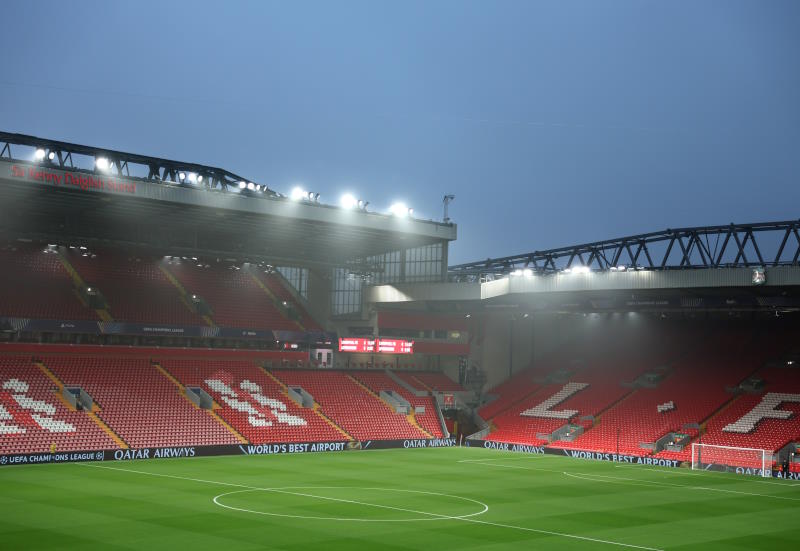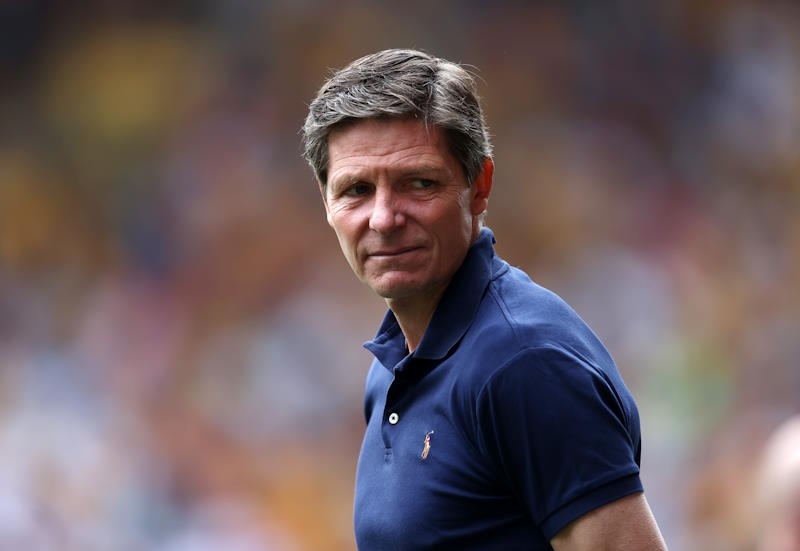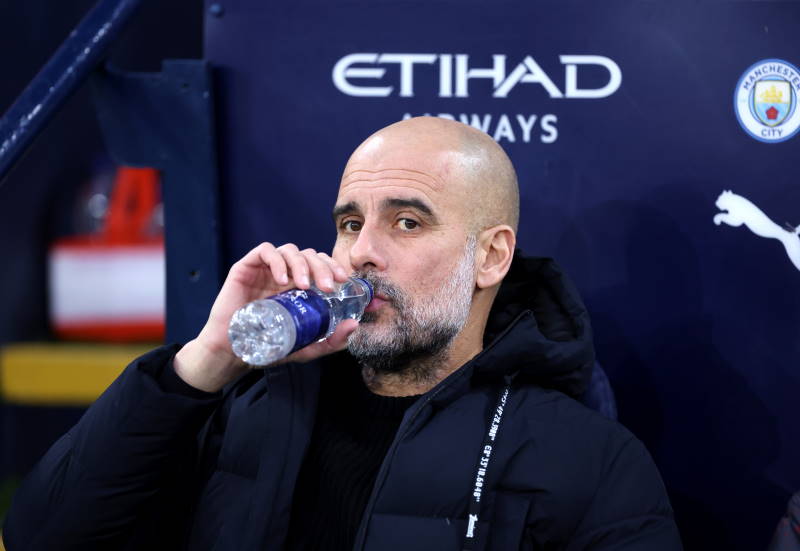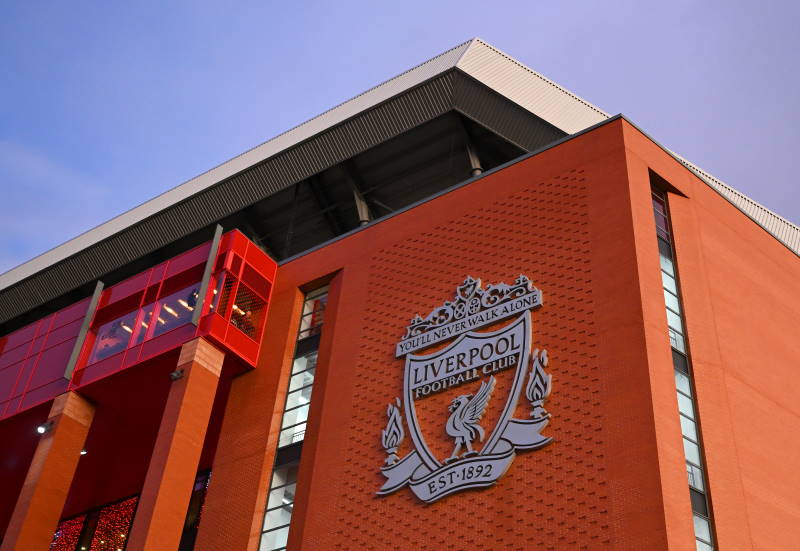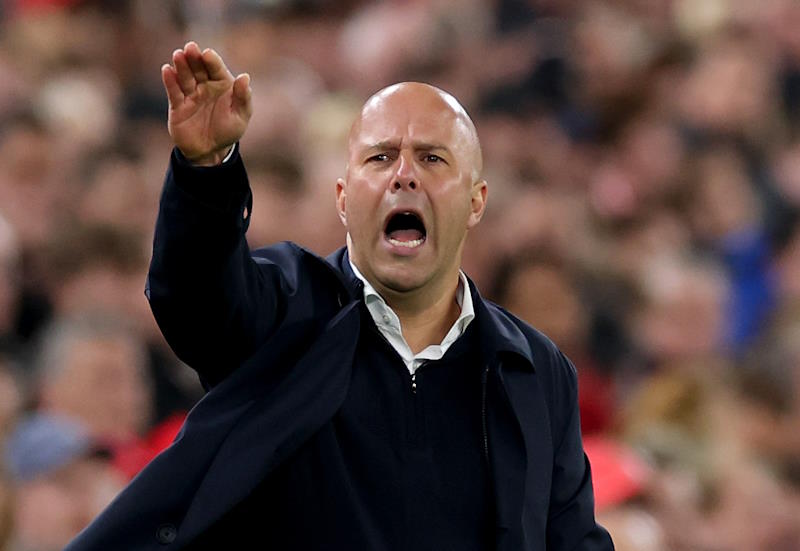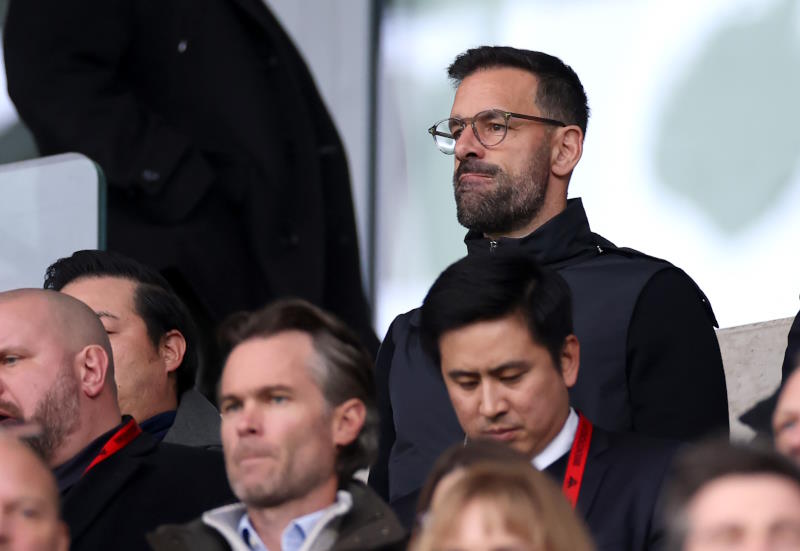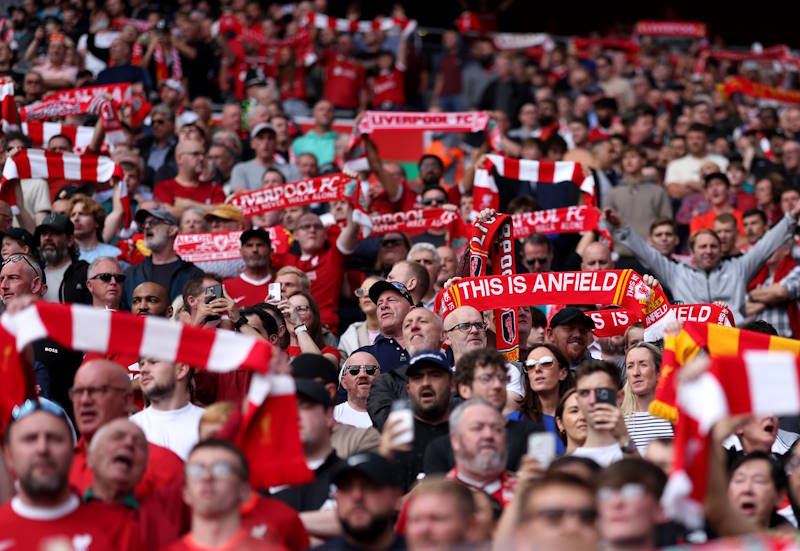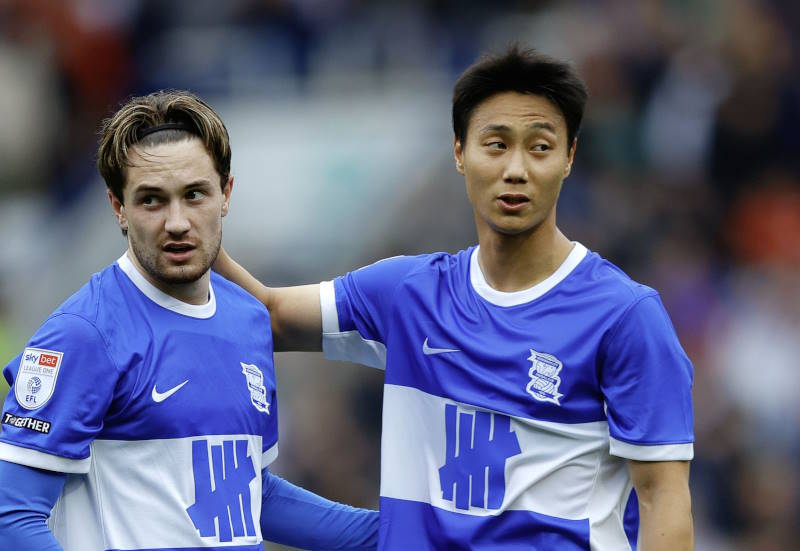
The first decade of the new millennium was predictably packed with sensational moments. From England’s 5-1 victory over Germany to Greece’s shock triumph at Euro 2004 to the staggering reality of an £80M transfer, football fans worldwide have been kept on the edge of their seats.
Alongside the eye-raising results and transfer dealings, the decade also saw some sparkling individual efforts and a quick glance at the list of ten Ballon d’Or winners brings to mind a series of dazzling goals, skills and all-round achievements. But the list also serves as a reminder of how short the window of opportunity can be at the very top of the game, from where a player can look down upon just about every other footballer. While some have enjoyed greater longevity at the summit than others, history has shown that winning the Ballon d’Or can sometimes represent the high before a mighty fall.
Make no mistake, the list makes impressive reading. You have Luis Figo, Michael Owen, Ronaldo, Pavel Nedved and Andriy Shevchenko. Then came Ronaldinho, Fabio Cannavaro, Kaka, Cristiano Ronaldo and most recently Lionel Messi, the 2009 winner. And each star has their own intriguing story.
Figo’s career with Barcelona, Real Madrid and, of course, Portugal marked him out as one of the best players of his generation. Winning the Ballon d’Or in 2000 was a fitting reward for the inventive wing play that brought about two La Liga titles for Barcelona. He inevitably faded towards the end of his career but, even as an 36-year-old at Inter, he was productive. Success on the international stage eluded him but he can be credited for putting Portugal back on the map. Taken alongside the other nine on this list, his staying power is among the most impressive.
Owen and Ronaldo have a lot in common, particularly the fact that injury robbed them of some of their peak years. Owen, who bagged a hat-trick for England against Germany and enjoyed a prolific record for Liverpool, collected the Ballon d’Or in 2001 yet eight years later he is not even a fourth-choice striker for England and was relegated with Newcastle last season. That represents quite a downturn in fortunes. A string of injuries have eaten away at his pace but, though he never established himself at the summit of world football, he put in some unbelievable performances and he remains a classy finisher.
With Ronaldo, though, it is scary to think about how much more he could have won but for crippling injuries. His performances for Brazil were generally his most memorable and he has etched his name into the history books with a record 15 career goals at the World Cup. His scoring streak at the 2002 World Cup brought fans everywhere to their feet but his hat-trick for Real Madrid at Old Trafford in 2003 was equally stunning. He ought to be remembered for being one of the top three strikers of the decade rather than for the injuries that haunted him.
While Owen and Ronaldo battled injury hell, Nedved lifted the award in 2003 as a different skill set was recognised. The Czech midfielder combined great touch and vision with a combative, hard-working approach that guided Juventus and the Czech Republic to the brink of major success. But he could never take that final step. Suspension cruelly denied him a place in the 2003 Champions League final, which Juventus lost, and then the Czechs fell to Greece in the Euro 2004 semi-final. For all his brilliance along the way, Nedved was one Ballon d’Or winner whose time at the very top was short.
But few have faded in more surprising fashion than Shevchenko, the 2004 winner. For him, the award was truly a jinx as he went from the world’s best striker to an expensive reserve in the space of a couple of years. Having driven AC Milan to Champions League glory in 2003, scoring the winning penalty in the shootout, he was on top of the world. But things started to go wrong in the 2005/06 season. After missing part of the Serie A campaign through injury, he limped into the 2006 World Cup and flopped as the Ukraine were eliminated by Italy. His big money move to Chelsea turned out to be a disaster with Shevchenko looking a shadow of the man who terrorised Europe with AC Milan. At his best, he was unstoppable but his sad demise will be the lasting memory of the Ukrainian for many football fans.
Ronaldinho, who won the award the year after Shevchenko, will take up a more acclaimed position in the pantheon of football greats thanks to his success with Barcelona and Brazil. But that did not prevent him enduring a fall from grace of his own. The mind-blowing tricks drew gasps of delight from the Nou Camp faithful as the Brazilian led Barcelona back to winning ways and changed the game in the process. Having sparked Brazil en route to lifting the 2002 World Cup, Ronaldinho helped Barcelona win La Liga in 2005 and 2006. His face was everywhere with the toothy grin and the trademark ponytail.
But his halo began to slip after guiding the Spaniards to Champions League glory in 2006. He was below par at the 2006 World Cup and never recovered his place at the summit. Before long, he was swapping the Nou Camp for the San Siro and AC Milan, where it must be said he has largely failed to turn his slump around. Though he has lost his place among the elite, he will arguably be considered the player of the decade.
The next winner, Cannavaro, continues the theme of faltering form after receiving the award. He was the toast of Italy after leading the team to World Cup glory in 2006. The Italians’ defence was impenetrable and the captain, along with Andrea Pirlo and Gennaro Gattuso, played a key role. Having been viewed by many as one of the world’s best defenders for countless years, Cannavaro seemed to have distanced himself from the rest that summer in Germany.
But a move to Real Madrid suggested otherwise. He never settled in La Liga and, when Real faced Liverpool in last season’s Champions League, it was a sad but telling sight to see Fernando Torres running rings around Cannavaro and the rest of the Spaniards’ defence. The Italy captain was on the slide and returned to Juventus last summer. Just a couple of years after winning the Ballon d’Or, he was unrecognisable from the dominant figure of 2006.
Kaka, Ronaldo – of Portugal this time, not Brazil – and Messi are the three most recent winners and all seem likely to stay at the top – though of course time will tell. Kaka made a big splash after moving to Serie A and helped AC Milan avenge their Istanbul capitulation by winning the Champions League in 2007. He has replaced Ronaldinho as Brazil’s most pivotal performer and he is set to add more trophies to his collection after moving to Real Madrid in the summer.
Meanwhile, Ronaldo was the key man as Manchester United became kings of the Premier League and Europe in 2008. He was the catalyst as Sir Alex Ferguson’s side reclaimed their position at the top of English football from Chelsea and he set new standards as a goal-scoring winger. Man Utd are still rebuilding after selling Ronaldo to Real Madrid last year and the Portuguese looks a certainty to be at the top of the mountain over the next few years.
Last but by no means least, Messi was one of the main heroes in Barcelona’s Treble in 2009 and deserved bagged the Ballon d’Or. He heads into the 2010 World Cup as the number one talent. His dribbling skills trump even Ronaldo’s and with Barcelona going from strength to strength, Messi will take some displacing at the summit. All the signs suggest that it will be the trio of Kaka, Ronaldo and Messi fighting it out for Ballon d’Or honours over the next few years.
On reflection, the decade showcased some of the most talented players to ever grace the game and supporters will be in for a treat if the next ten years can match it.

